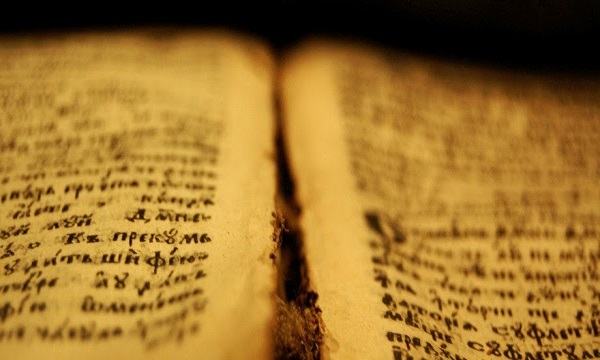2ª Timóteo 2:16
“Mas evita os falatórios profanos, porque produzirão maior impiedade.”
Os livros apócrifos são assim nomeados por não serem considerados como livros divinamente inspirados. Calcula-se que existam mais de 500 livros apócrifos que se intitulam de inspiração divina, porém não o são. Registro apenas alguns dos que são tidos como os mais importantes:
I e II Macabeus; Judite; Baruc; Eclesiástico; Tobias; Sabedoria e algumas adições nos livros de Ester e Daniel, sendo todos considerados pertencentes ao Antigo Testamento.
Estes livros apócrifos foram escritos num período compreendido entre o ano 400 ao ano 50 antes de Cristo e, neste período não houve profetas inspirados declarando a Palavra do Senhor como alguns destes próprios livros relatam.
Os apócrifos contem ideias doutrinais enganosas, tais como a oração para os mortos que contradiz os livros divinamente inspirados da Bíblia Sagrada. Vemos ainda que nenhum destes livros são citados como Escritura no Novo Testamento, ou reconhecidos por Jesus ou por algum de seus discípulos.
